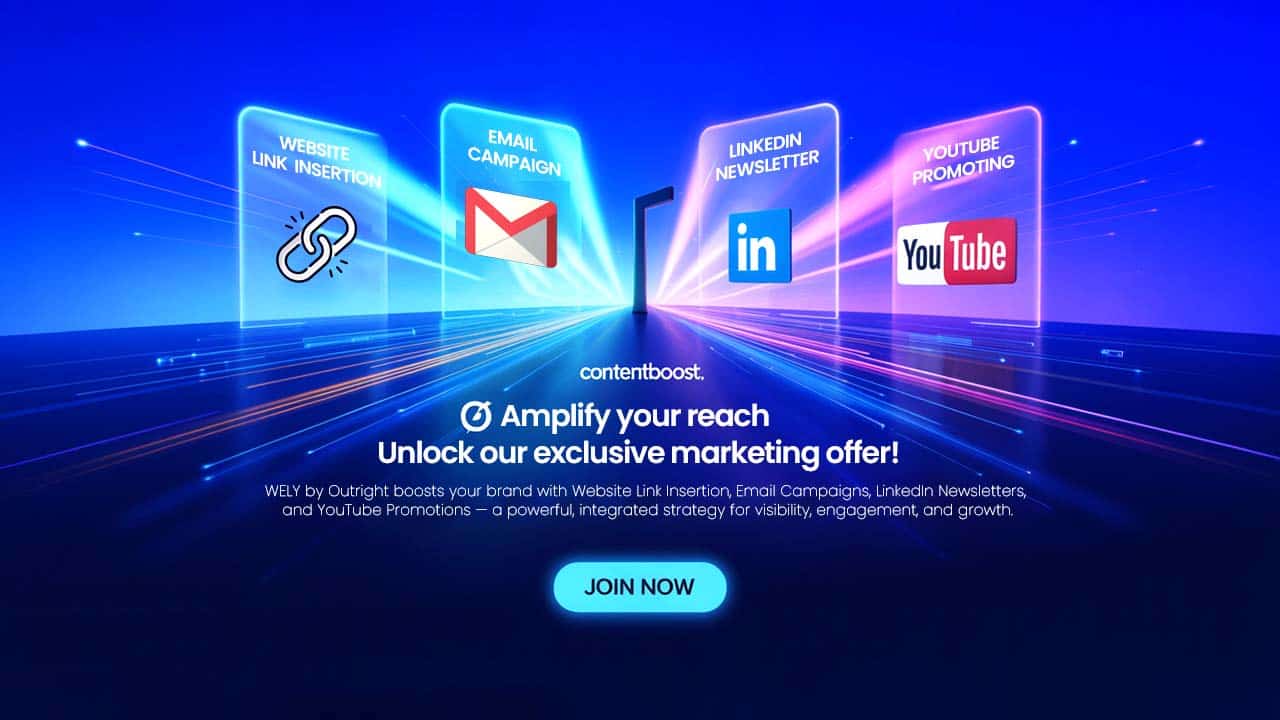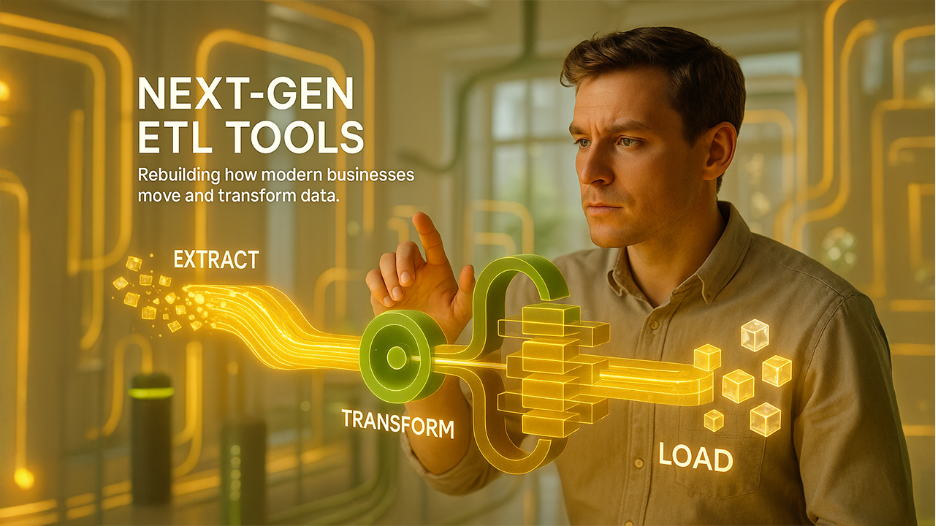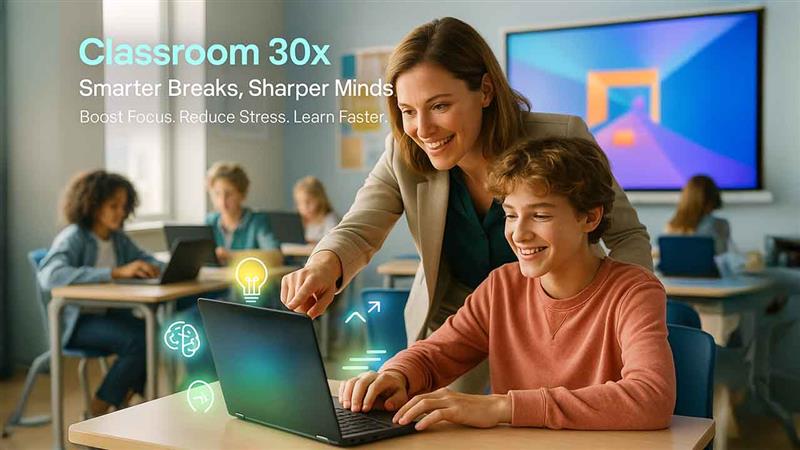When a company starts adopting an LMS, the first step is usually getting it up and running. Soon after, however, a new question arises: How do we make sure people
When a company starts adopting an LMS, the first step is usually getting it up and running. Soon after, however, a new question arises: How do we make sure people really use it and don’t see it as just another boring tool?
A custom LMS is more than just a place to keep courses. When an LMS customization, it fits your company’s style and way of working. It becomes part of your everyday life. Suddenly, learning stops feeling like a task and becomes helpful and interesting.
This article is for CEOs, HR leaders, and L&D teams who want to make their LMS really work for their people. We’ll talk about what it means to customize an LMS, why branding and learner journeys matter, and how it can help your business grow.
What Does It Mean to LMS customization?
This is the process of turning a general-purpose tool into a learner-centric learning management system (LMS). Ultimately, the goal is to make the LMS feel as if it were made just for your employees.
At its core, LMS customization includes:
- Visual and functional branding
- Creation of structural and navigation layouts
- Personalized learning journeys
- Content sequencing and the access rules you choose
- Role-based dashboards and user permissions
- Integrated tools and workflows unique to your business.
Simply put, it's about making your LMS yours. It's not a space you can rent. It's a part of your corporate culture and workplace environment.
Why Choose a Customizable LMS for Business?
The truth is, not every company needs a fully customized LMS from day one. However, if you have forward-thinking plans, for example, if you plan to enter a new market or if your employees work remotely, then a customized LMS is vital.
Let's see what it can do for you:
- Brand consistency. Maintaining consistency in everything you do means increasing your impact. Learning is part of an employer's brand. So, if an LMS feels like a one-size-fits-all solution, it may cause confusion, disengagement, and distrust. A branded environment, on the other hand, builds trust and cohesion.
- User experience. The default interfaces of standard learning systems rarely match the actual workflows of teams in real-world environments. Instead, custom layouts allow for easier access, less cognitive overload for learners, thereby boosting learning momentum.
- Adaptability. A one-size-fits-all learning system cannot provide role-, department-, or skill-level-specific learning paths. However, customized learning journeys ensure that each employee receives the knowledge and expertise they need when they need it.
- Data and decision-making. Custom LMS platforms offer more in-depth analytics, generate reports aligned with your business KPIs, and help you make effective business decisions.
- Scalability and integration. As your company grows, your learning management system should adapt automatically so that you won't have to worry about making changes. Customized LMSs do just that. They can integrate with almost any tool used in the workplace.
When Does It Make Sense to LMS customization ?
Customization is not an all-or-nothing game. You shouldn't customize your LMS just because someone told you to. In fact, you shouldn't. However, there are clear cases where personalized LMS themes and features really do make a difference.
Here are some of those scenarios:
- You are implementing a company-wide learning culture and want it to become the norm.
- Your teams work in different regions, so your employees need access to a shared system.
- You want to link learning directly to career progression, performance reviews, or employee engagement.
- There are strict compliance and data security requirements in your industry.
- You focus on leadership development, which requires consistency, feedback, and ongoing online mentoring.
- You want to transition from offering just courses to building a branded lifelong learning ecosystem.
The line between off-the-shelf systems and fully customized platforms becomes interesting here, too. Some organizations go all in, creating an LMS from scratch. Others choose platforms that offer extensive LMS features and functionalities, enabling them to create a highly flexible environment without building everything in-house.
How Branding Fits into LMS Customization
Let's be clear: In LMS, branding isn't about being pretty or bright, or having circles or stripes. On the contrary, branding is a tool for creating a cohesive culture. It sets the tone and helps engage employees and build trust. Your LMS can be a place where this culture is shaped and shared.
What does branding for an LMS entail?
- It includes a custom domain (e.g., your company name) and a branded login method.
- It's also about the tone of voice, tips, and instructions that are unique to you.
- It refers to company-specific terminology, or secret code words that only your employees are aware of.
- It also involves consistent iconography and microcopy that match your product or communication. It's about the cohesive culture we mentioned above.
One proven way to future-proof your business is to implement cutting-edge technology today. A customized learning management system (LMS) can be such a technology.
Layouts That Drive Engagement
The LMS user interface customization is still largely a matter of aesthetics. If the available LMS options are eye-pleasing, we want to associate ourselves with that positive experience. That's why it's important to pay attention to layout selection.
Now, let's look at how an effective LMS layout design can help. It provides you with the following:
- Role-based dashboards with quick access to the right content.
- Group modules in a way that reflects actual learning progress.
- Progress tracking to motivate learners without pushing or rushing them.
- It's easy to pick up where you left off.
When training is free from confusion, employees are actually engaged in it, not just box-ticking.
Designing Smart Learner Journeys
Perhaps the most mission-critical part of setting up an LMS is designing the learner's journey.
The learner journey encompasses the entire learning experience — from the moment a user logs in to the moment they reach mastery, including navigation, skill development, checkpoints, and social learning.
In LMS options with a learner-centric approach, these journeys have the following characteristics:
- Personalized - They are crafted to align with job responsibilities, experience level, or learning objectives.
- Modular - Learners can explore or delve deeper into certain topics if needed.
- Adaptive - Learning units adapt to the user’s performance or choice.
- Contextual – To enhance the learning experience, you can integrate necessary tools, AI-powered chatbots like Gemini and ChatGPT, and other resources.
Real-World Impact: Why Customizing Your LMS Matters
The LMS market is growing rapidly. However, open-source alternatives put a lot of pressure on it and escalate the concerns regarding data security and regulatory compliance.
These complexities have made it essential for the companies to prioritize control. The ability to customize your LMS (from branding to learner journeys) provides that control. This will help keep your learning strategy relevant, consistent, and connected.
Have you ever wondered if learning could feel like a nightmare to the employees because they must work and learn at the same time. What the heck, they might think. That's why it's so important to ensure that learning in your organization is stress-free. You need digital tools that take the stress out of the learning process.
One way to get there is through LMS customization.
Final Thoughts: A Learning Future Driven by Personalization
Online learning platforms are becoming a part of everyday work for more and more people. By 2029, nearly a billion users are expected to learn this way.
With so many options out there, grabbing and keeping people’s attention is getting harder. Therefore, LMS solutions are needed by companies for customization as they enable personalized themes, learning paths, smart data tools, and more.
Nowadays, corporate learning is more than about adopting digitalization; it has evolved to adopt the people-first approach to make the experience truly theirs. And that can be achieved with customization.
Respond to this article with emojis






